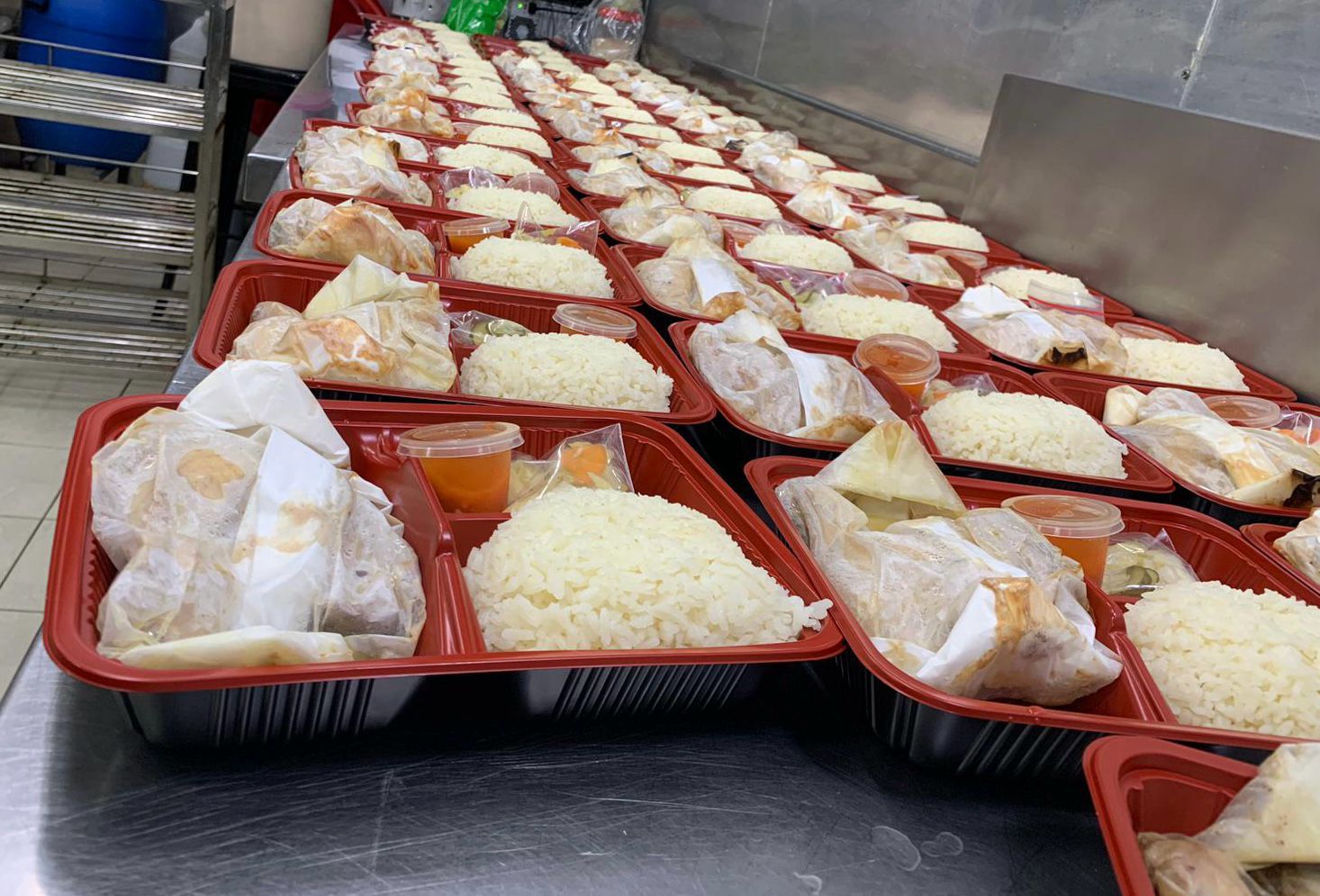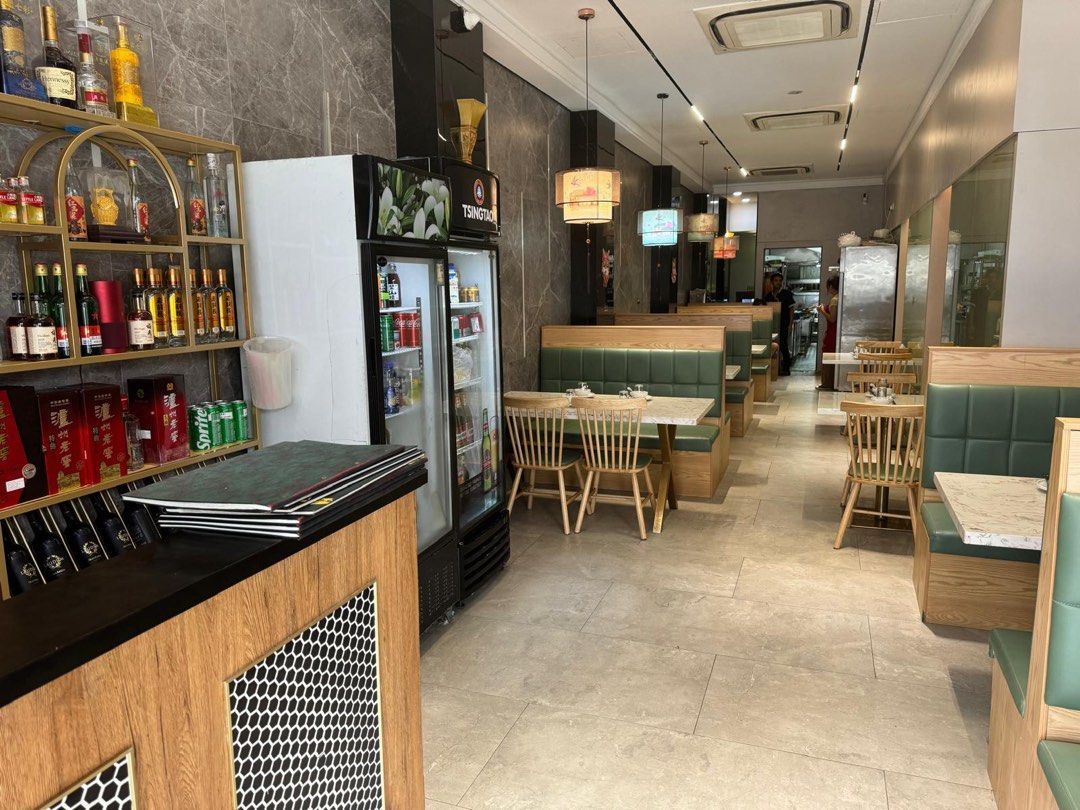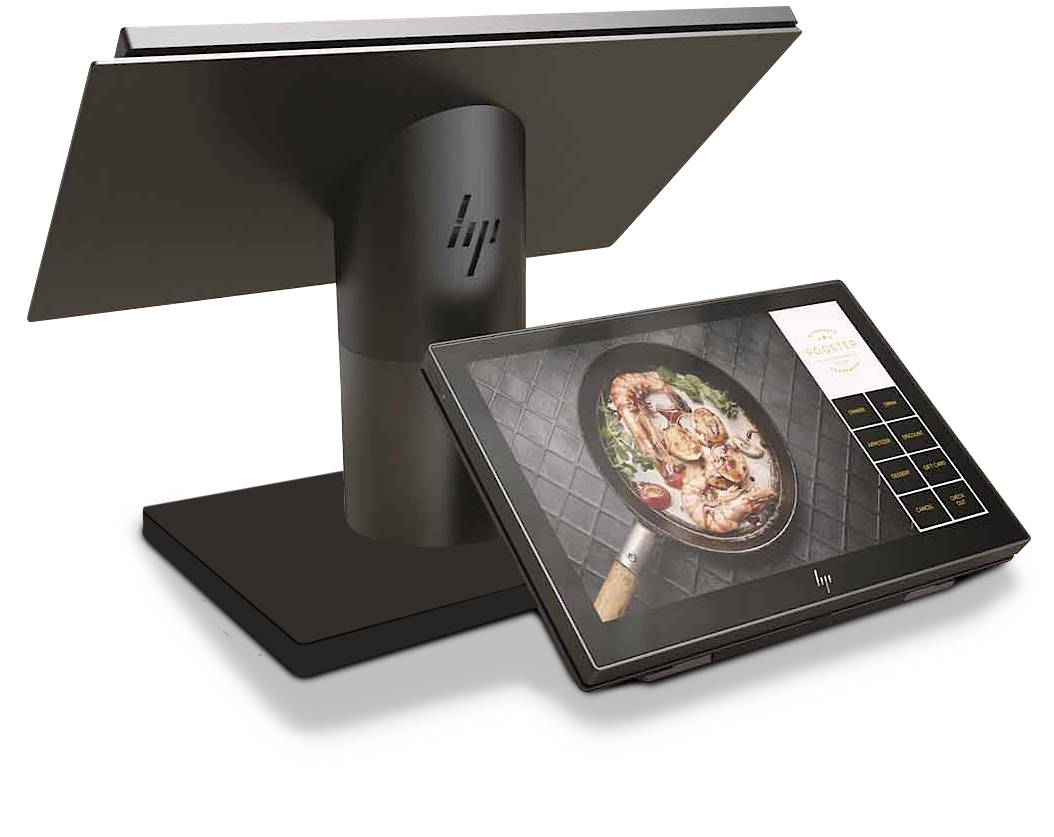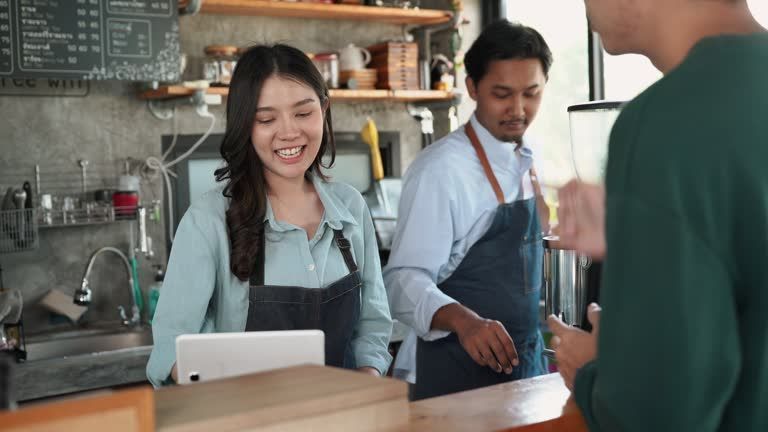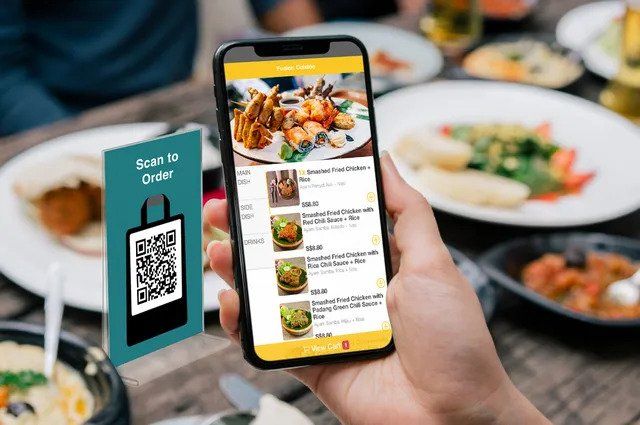Singapore's coffee culture has undergone a significant transformation over the past few decades, evolving from traditional kopi tiam (coffee shop) experiences to a vibrant scene of specialty cafes and third-wave coffee. This evolution reflects broader changes in consumer preferences, global influences, and innovative approaches by local cafe owners. Here, we explore this fascinating journey through the insights of various cafe owners who have witnessed and contributed to the growth of Singapore's coffee culture.
The Traditional Kopi Tiam Roots
The foundation of Singapore's coffee culture lies in the traditional kopitiam (coffee shop), where kopi (local coffee) is brewed using robusta beans and mixed with condensed milk or sugar. These establishments have been a staple in Singaporean life for decades, providing an affordable and communal place for locals to gather. In the past, the kopitiam was the heart of the neighborhood. People went not just for coffee but for the sense of community and familiarity.
The Rise of Specialty Coffee
The late 2000s marked the beginning of a shift towards specialty coffee in Singapore. Influenced by global coffee trends, a new wave of cafes began to emerge, focusing on high-quality beans, precise brewing methods, and innovative flavors. Many coffee lovers who had experienced the coffee culture overseas saw an opportunity to introduce Singaporeans to a different coffee experience where drinking coffee is not just about the caffeine kick but about savoring the nuances of each bean and the art of brewing.
These specialty cafes brought with them a deeper appreciation for coffee origins, single-origin beans, and various brewing techniques such as pour-over, siphon, and Aeropress. This shift also included a move towards direct trade, ensuring fair prices for coffee farmers and better quality beans for consumers.
The Third-Wave Coffee Movement
The third-wave coffee movement, which treats coffee as an artisanal product rather than a commodity, has further enriched Singapore's coffee culture. Third-wave cafes emphasize sustainability, transparency, and a more intimate coffee experience. Cafe entrepreneurs who based their cafes on the third wave coffee movement want to bridge the gap between the coffee farm and the consumer by telling the story behind each cup and fostering a deeper connection with the product.
This movement has also led to the rise of barista culture in Singapore, with more emphasis on skilled brewing, latte art, and competitions. Local baristas are now seen as craftsmen, contributing to the prestige and appeal of the coffee profession.
Innovative Cafe Concepts
In recent years, Singapore's cafe scene has become a melting pot of creativity, blending coffee with unique themes and experiences. For example, cafes like Wheeler's Yard combine coffee with cycling, while The Book Cafe offers a cozy reading space for book lovers. These cafes are aimed at creating a space that brings together patrons' passions with coffee, creating a unique and memorable experiences for customers.
These innovative concepts have helped cafes stand out in a competitive market, offering customers more than just a place to drink coffee, but a lifestyle destination.
The Impact of the Pandemic
The COVID-19 pandemic posed significant challenges for the F&B industry, including cafes. Many had to pivot quickly to survive, adopting delivery services, creating home-brewing kits, and enhancing their online presence. The pandemic forced many cafe owners to rethink their business model. Many cafe owners started offering online workshops and collaborated with local bakers and artists to keep their community engaged.
Despite the difficulties, the pandemic also accelerated the adoption of digital tools such as self ordering solutions like online ordering and QR ordering, and fostered a stronger sense of community support for local businesses.
Looking Ahead
As Singapore's coffee culture continues to evolve, the focus remains on quality, sustainability, and innovation. Cafe owners are optimistic about the future, seeing opportunities to further elevate the coffee experience. Many feel that the journey of coffee in Singapore is far from over and are excited to keep pushing boundaries and exploring new ways to share their passion for coffee with the world.
Conclusion
The evolution of coffee culture in Singapore is a testament to the city's dynamic and adaptive nature. From the humble kopi tiam to the sophisticated specialty cafes, each phase has added depth and diversity to the local coffee scene. Through the perspectives of cafe owners, we see a continuous commitment to quality, community, and creativity, ensuring that Singapore's coffee culture will continue to thrive and innovate for years to come.
iMakan
iMakan looks to value add cafe owners in Singapore through information sharing articles like these and F&B digital solutions such as self ordering kiosks, QR ordering and online ordering. If you are looking for such solutions, WhatsApp us or click here to send us and enquiry

